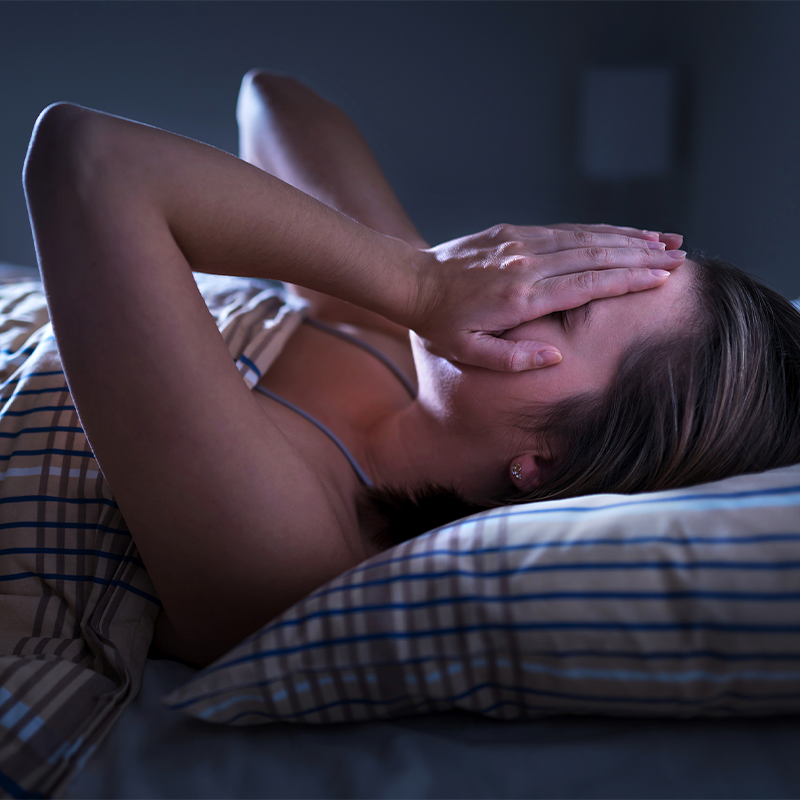
22 Aug Answering Your Frequently Asked Sleep Apnea Questions
Here at LT Men’s Clinic, we get a lot of questions about sleep apnea. Although sleep apnea is one of the most common sleep disorders, many people still don’t fully understand it.
If you, or someone you love, may have sleep apnea, then you may be filled with questions about what it is, the impacts it can have, and what you can do to help manage this condition. We know that there are a lot of unknowns about sleep apnea, which is why we have curated some of our most frequently asked questions about this condition to help you get a better grasp on this condition.
What Causes Sleep Apnea?
While there are a few different types of sleep apnea, in general, this condition is classified as the partial or complete stopping of the breath during sleep. When this happens, the body has to strain even harder to get oxygen to breathe. When this happens, the body will jerk itself away to resume proper breathing. Typically, people don’t even realize they are being woken up as they fall right back asleep.
If I Snore, Does It Mean I Have Sleep Apnea?
While snoring is the most common characteristic of sleep apnea, you can be someone who snores at night and not have this condition.
What Are the Signs and Signals of Sleep Apnea, Besides Snoring?
If you are trying to determine if you or your partner has sleep apnea, you may want to look for some of this condition’s most common signs.
- Excessive fatigue during the day even with a full night of sleep
- Sore throat or dry mouth when you wake up
- Headaches in the morning
- Forgetfulness
- High blood pressure
- Depression
- Mood swings
- Swelling in the legs
Your partner may also notice consistent nightly snoring and you waking up to gasp for breath in the middle of the night, which can be signs and signals of this sleep issue.
What Are The Side Effects of Sleep Apnea?
Many people are living with sleep apnea and have not gotten their condition diagnosed. However, it is crucial to diagnose and start treating sleep apnea, as it can otherwise lead to mood changes, energy irritability, and anxiety. Sleep apnea is also linked to hypertension and diabetes.
Will a Sleep Study Help?
If you suspect that you may have sleep apnea, one of the first things that most doctors will recommend is a sleep study. This test will help look at your heart rate, brain waves, breathing, and eye and leg movements while you rest. This test will help determine if you are experiencing disrupted sleep patterns and help pinpoint the cause so you can get a diagnosis and a treatment plan.
If you have more questions about sleep apnea or are interested in some of our treatment options like sleep studies, contact us at LT Men’s Clinic today. You can call us at 817-369-3605 to schedule your appointment.
